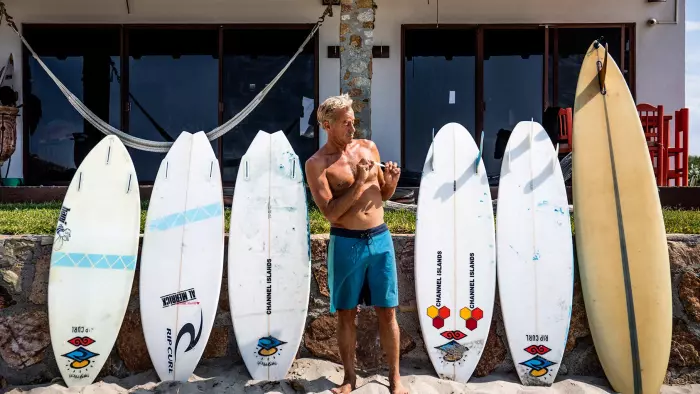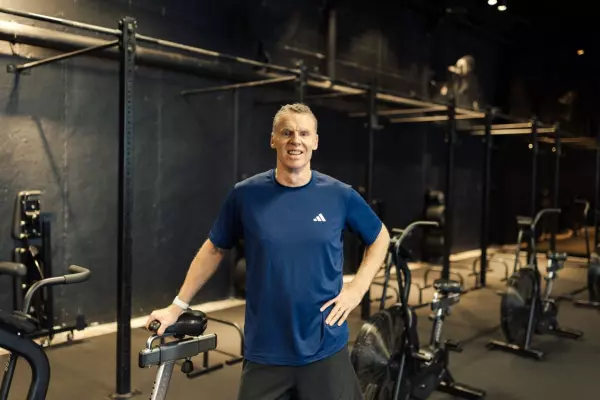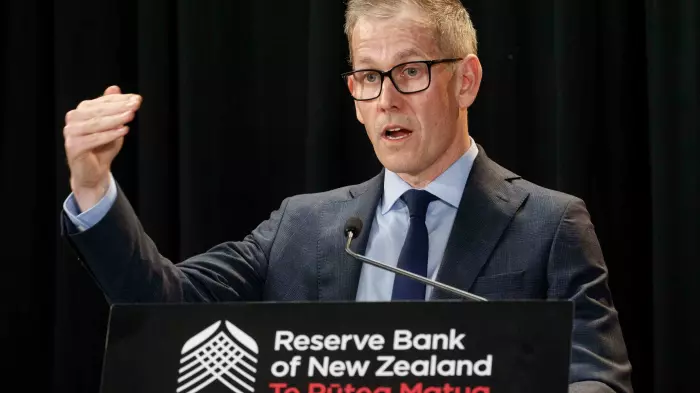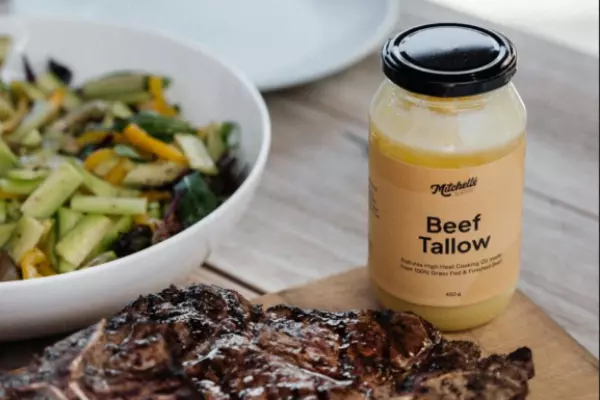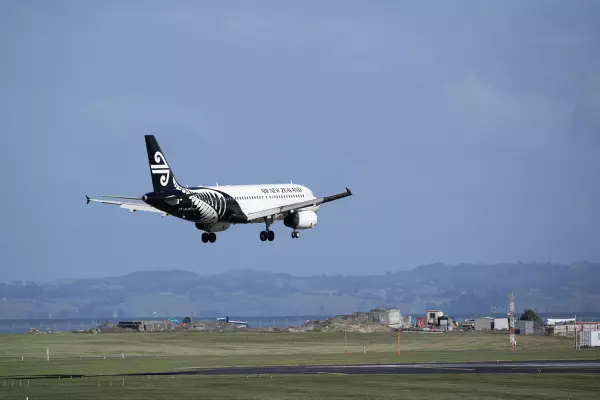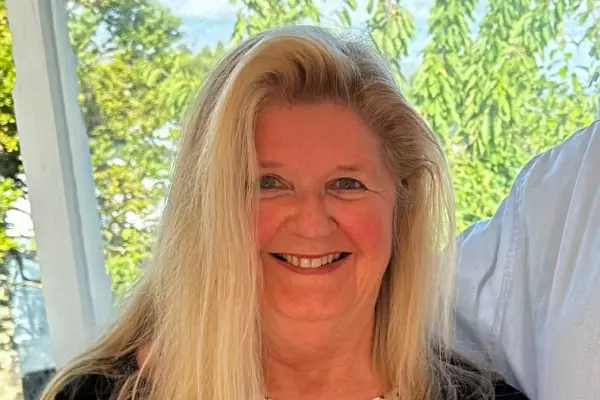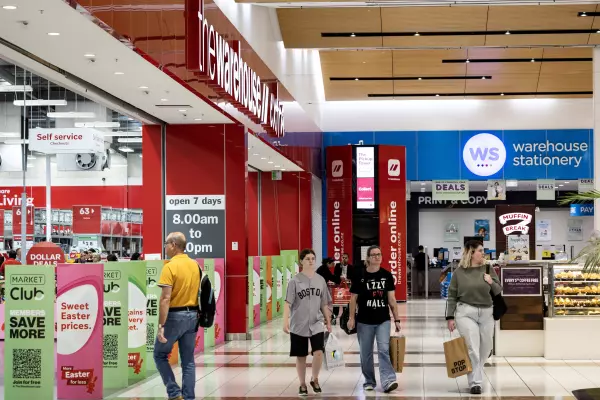Shares in KMD Brands – formerly Kathmandu – jumped 5% after revealing its full-year results were heavily impacted by lockdowns and the loss of 11,000 trading days across its Australasian stores, which caused net profit to drop by a third.
KMD Brands was up 5% to $1.05 in mid-morning trading on the New Zealand stock exchange (NZX).
The company's net profit fell 33.7% to $36.2 million in the 12 months ended July 31, a fall from $56.4m a year earlier.
The company said the fall reflected the impact of the Australasian lockdowns in the first quarter, as well as covid-19 supply chain disruption that its outdoor footwear company, Oboz, had suffered.
Chief executive Michael Daly said KMD Brands had continued to deliver “strong results” over the past 12 months while navigating the substantial challenges from covid-19 in the first half.
“The strength of our brands was evident in record group sales of nearly $980 million, with a strong return to sales growth across all of our brands in the final quarter,” he said.
KMD Brands told investors in the company’s half-year earnings announcement in March that it expected second-half gross margins to be in line with the 58.4% in the prior year – based on promotional plans as well as expectations of international freight costs and currency impacts.
In today’s investor presentation, the company revealed gross margins had widened to 58.9% – up from 58.7% a year earlier.
Underlying earnings before interest, tax, depreciation and amortisation (Ebitda) fell 16% to $92m – down from $109.5m a year earlier.
Group sales rose 6.2% to $979.8m, up from $922.8m a year earlier.
Rip Curl had the best full-year result out of KMD’s brands, with sales up 9.5% to $536.8m. The brand experienced fewer covid-19 interruptions throughout the period.
The company said North America, in particular, had achieved sales growth despite wetsuit shortages, port congestion and softer consumer sentiment. Ebitda also jumped 10.1% to $59.1m.
Daley said Rip Curl grew sales across all channels and key international regions – particularly in Europe, Hawaii and south-east Asia.
“Rip Curl’s wholesale order books remain significantly above pre-covid-19 levels, allowing us to better manage supply chain disruption through near-term inventory investment,” he said.
On the other hand, Oboz sales fell 18.2% to $61.3m, while Ebitda fell 71.7% to $3.3m – a massive fall in the other direction, after the company’s Ebitda jumped by 70.3% a year earlier.
KMD Brands said Oboz’s wholesale and online sales were “heavily impacted” by the three-month covid-19 closure of factories in Vietnam, which was compounded by international freight delays.
This meant Oboz was unable to fulfil 40% of its customer orders despite “record demand”.
Sales from Kathmandu’s outdoor equipment chain edged up by 6.8% to $381.6m, which was much welcomed after last year’s covid lockdowns and travel restrictions caused 2021’s full-year sales to fall 17%.
However, Kathmandu’s Ebitda for the 12 months ended July 31 was down 4.1% to $36.4m.
Kathmandu’s board declared a fully franked final dividend of 3 cents per share to be paid on Nov 25 to shareholders, which takes the annual payout to 6cps – up 20% from a year earlier. The dividend will be unimputed for NZ shareholders.
Daley said that the effects of covid-19 were “largely behind us” and coupled with the return of international travel meant the group was focused on executing its growth strategy by expanding its global footprint.
The headline on this story has been edited to remove ambiguity about the share price movement.


